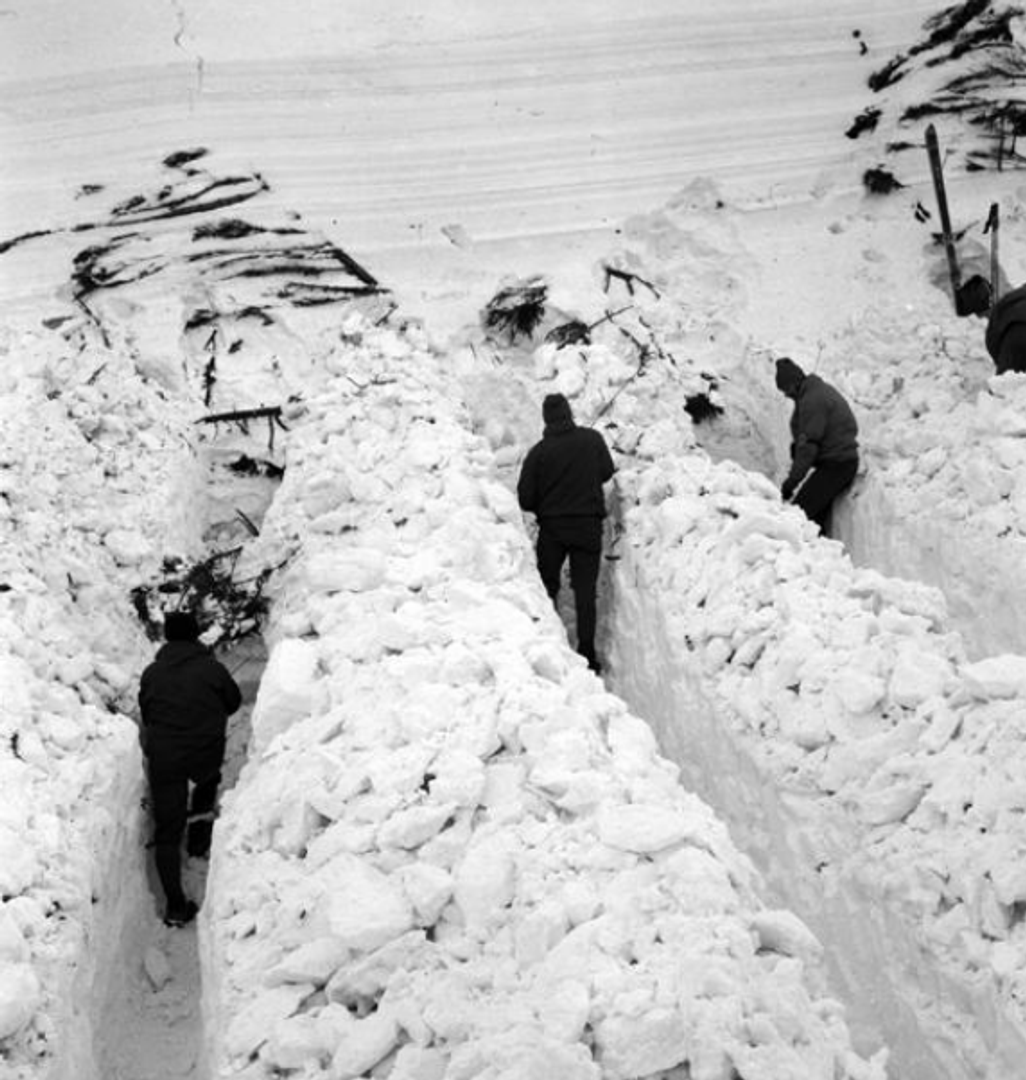Avalanche in Biały Jar
6.11

Overview
On March 20, 1968, a tragic avalanche occurred in Biały Jar in the Karkonosze Mountains, which swept away 24 people and resulted in the deaths of 19 of them, including 13 citizens of the USSR and 4 citizens of the GDR. The avalanche followed a prolonged period of favorable conditions for its formation—intense sunshine and heavy wet snowfall, which led to the consolidation of the snowpack. A group of tourists, disregarding avalanche warnings, decided to hike the black trail along Biały Jar. The avalanche struck at 11:10 AM, reaching a speed of 100 km/h and a mass of 50,000 tons. The rescue operation involved over 1,100 people, including rescuers from Czechoslovakia, and specially trained search dogs were deployed. In the aftermath of this tragic event, rumors emerged about the presence of Stasi and KGB agents among the tourists, allegedly searching for a supposed Nazi treasure. The areas affected by the avalanche suffered minor damage, but the flora in Biały Jar was not severely impacted. Following the tragedy, a memorial was erected at the site to honor the victims, but it was destroyed by another avalanche in 1974. A new monument was unveiled on August 10, 2018, incorporating one of the granite blocks from the original memorial. The Biały Jar incident remains a significant event in the history of Tatra Mountain rescue operations and serves as a reminder of the dangers posed by avalanches.
Location
Tickets
Powered by GetYourGuide
2026 Wizytor | All Rights Reserved